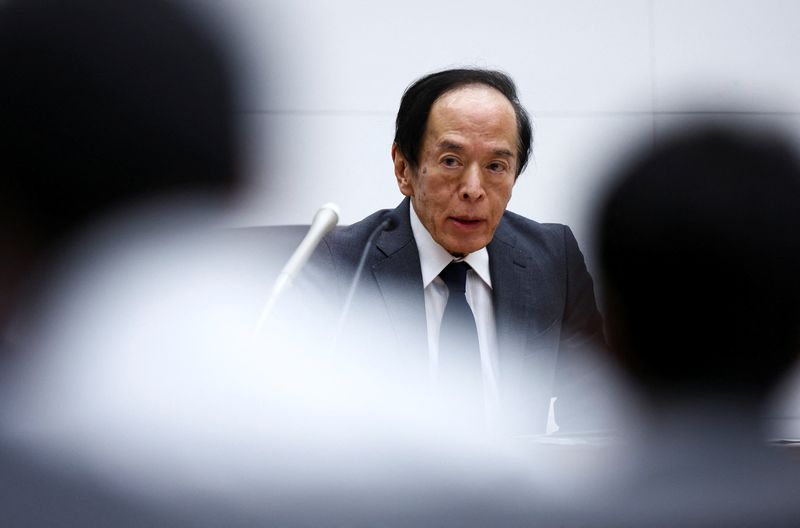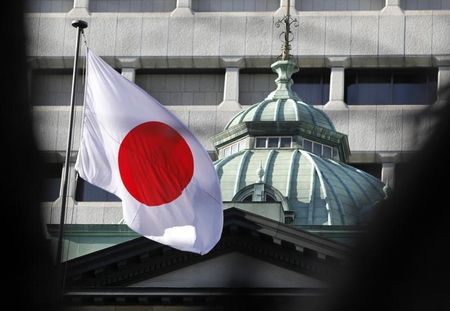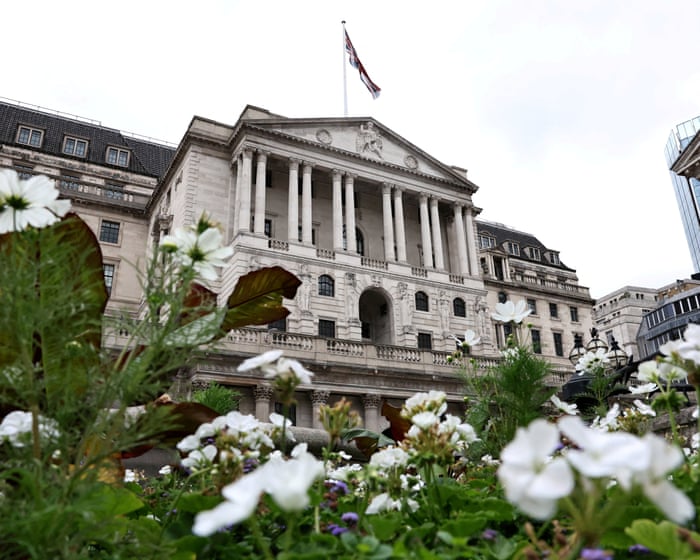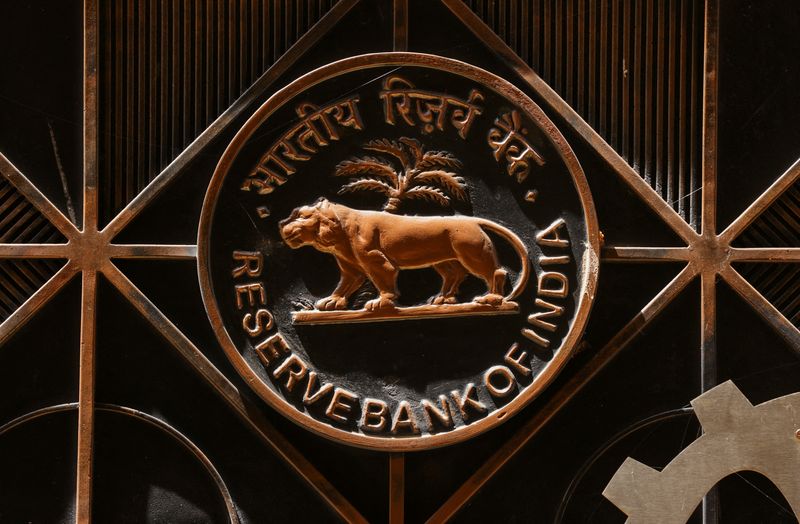Japan Two-Year Government Bond Yield Rises to Highest Since 2008
NegativeFinancial Markets

Japan's two-year government bond yields have surged to their highest level since 2008, reflecting a significant shift in the financial landscape. This rise is largely influenced by movements in the US market and comes just ahead of a crucial policy decision by the Bank of Japan. Such changes in bond yields can impact borrowing costs and economic growth, making it a key development for investors and policymakers alike.
— Curated by the World Pulse Now AI Editorial System













